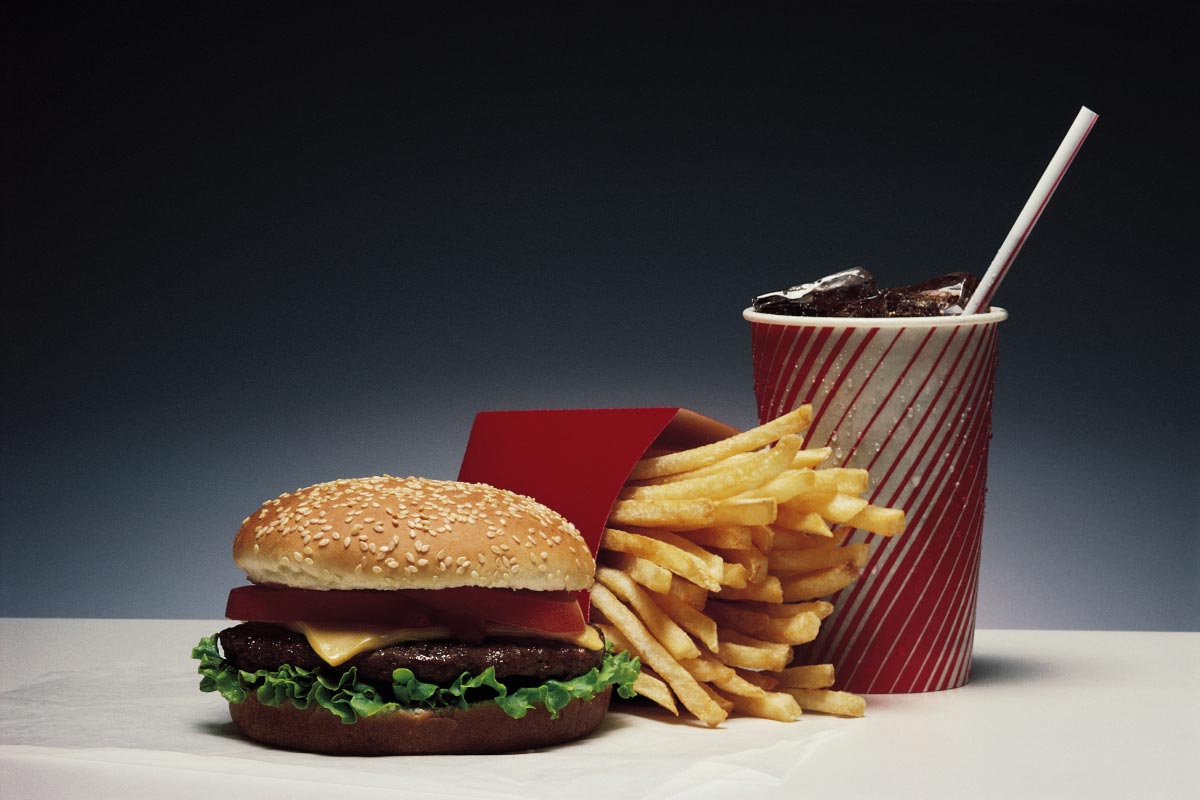
Almost all kids’ restaurant meals exceed nutritionist-recommended calorie counts
David Gutierrez
Almost all kids’ restaurant meals exceed nutritionist-recommended calorie counts
Friday, January 27, 2017 by: David Gutierrez
Tags: childhood obesity, restaurants

(Natural News) Most items served on children’s menus exceed the calorie counts recommended by nutritionists, according to a study conducted by the RAND Corp. and published in the journal Nutrition Today.
The findings are particularly important because U.S. children now eat out for a large proportion of their meals. According to the U.S. Centers for Disease Control and Prevention (CDC), one-third of children and 41 percent of all teenagers eat at a fast-food restaurant on any given day. (RELATED: Learn about the health effects of food ingredients at Ingredients.news)
“It’s important to examine the caloric value of what kids are served because the chances are they will eat all or most of what they are served,” lead author Deborah Cohen said.
“Overeating — consuming more calories than are needed for normal growth and maintenance — is a very common problem and a key contributing factor to childhood obesity,” Cohen said.
Childhood obesity is a risk factor for heart disease, diabetes and cancer later in life.
Servings are far too large
The researchers consulted 15 child nutrition experts to set calorie recommendations for servings of different foods commonly found on kids’ menus. For example, the researchers recommended a 100 calorie maximum for a serving of fried potatoes, 110 calories for unflavored milk, and 150 calories for soups, appetizers, snacks, and vegetables or salads served with added sauces. The nutritionists set no maximum for servings of fruits and vegetables without added sauces.
The nutritionists also agreed that a main dish should not exceed 300 calories, and the total meal should not exceed 600 calories.
The researchers then analyzed children’s menu items at the country’s top 200 restaurant chains. They found that these items regularly exceeded the nutritionists’ recommendations. For example, the average calorie count for a burger was 465, and the average calories for a serving of macaroni and cheese was 442. These are both main dishes, which the nutritionists recommended not exceed 300 calories per serving.
The food most likely to exceed the recommendations was fried potatoes, averaging 287 calories per serving — nearly three times the recommended maximum. (RELATED: See more news on how to prevent diabetes at the Diabetes Science News website.)
The power of kids’ menus
The findings highlight the importance of clear calorie labeling on restaurant menus, the researchers said. This measure was mandated by the Affordable Care Act (“Obamacare”) as of December 2016.
Evidence has been mixed about the effectiveness of this technique in promoting healthy eating. Some studies suggest that while consumers tend to underestimate the calories they consume and be surprised when they find out how many calories restaurant food actually contains, they also suggest that consumers do not pay attention to calorie labels on restaurant menus.
But a 2015 study conducted by researchers from Johns Hopkins University and published in the journal Health Affairs found that five restaurant chains that adopted early voluntary calorie labeling averaged 140 fewer calories per menu item than comparable chains without labeling.
Labeling aside, another 2015 study suggests that minor changes to kids menus can lead to major changes in ordering behavior. Researchers examined ordering patterns both before and after family restaurant chain the Silver Diner implemented health-promoting changes to kids menus.
The restaurant added more meals meeting nutrition standards from the National Restaurant Association’s Kids LiveWell program (going from 22 percent of the menu to 59 percent), made healthy side dishes such as vegetables or fruits automatically come with kids’ meals, and removed certain unhealthy items such as fries and sugary drinks from the menu (but continued allowing them as free substitutions if specifically requested).
The researchers found that these simple changes made the proportion of healthier meals ordered leap from three percent to 46 percent, and made the number of healthy sides ordered jump from 26 percent to 70 percent. Over the time period studied, the restaurant’s revenue actually grew, surpassing that of many competing chains.
Sources:
http://www.naturalnews.com/2017-01-27-almost-all-kids-restaurant-meals-exceed-nutritionist-recommended-calorie-count.html

